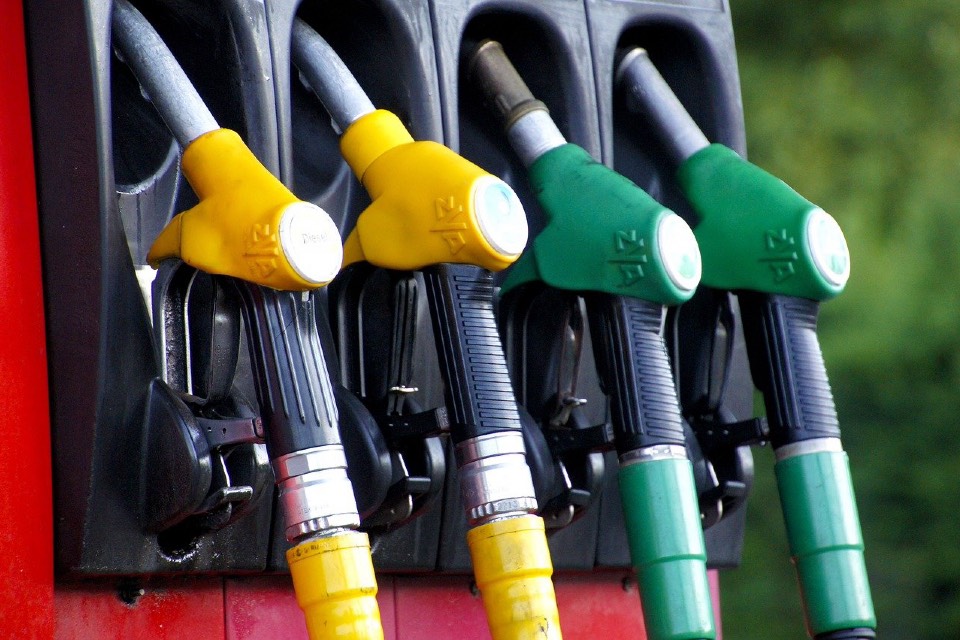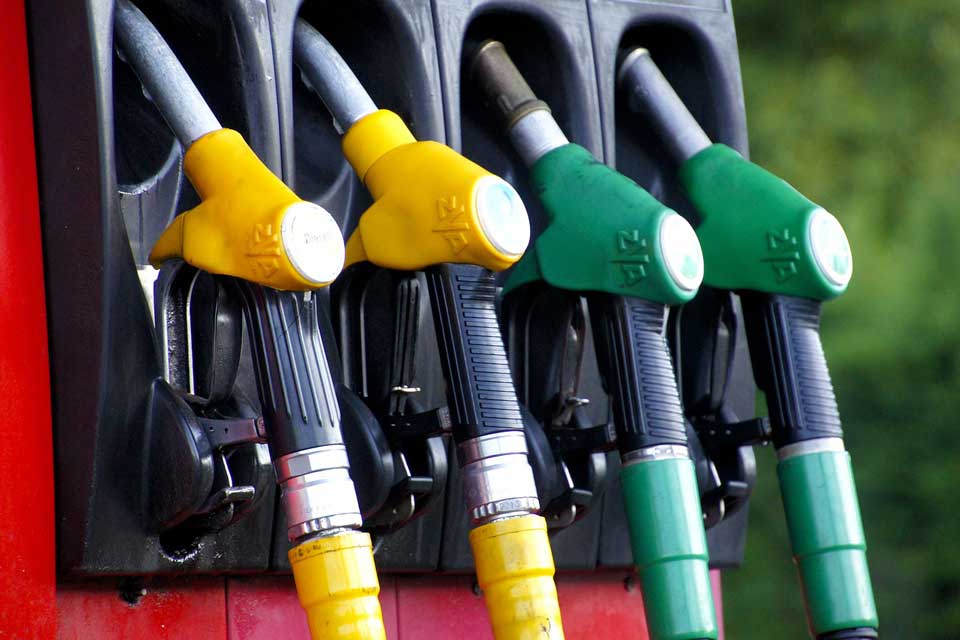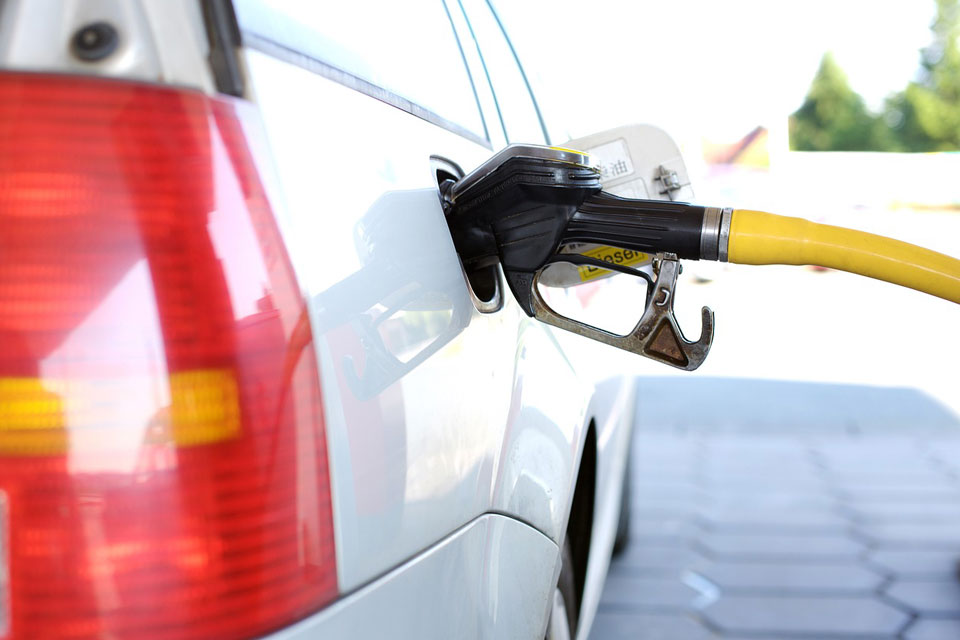Is Boris’ ban of petrol and diesel vehicles going to crush the transport industry?

The UK Government has announced official plans to ban the sale of new petrol and diesel cars by 2030. From then on, new hybrids or electric cars will be the only types of vehicles allowed to be manufactured – and after 2035, only pure electric vehicles can be sold. This legislation was introduced to support […]
Future fleet fuel mix in flux

Fleets of the future will use an increasingly diverse range of fuels – but there remains a mixed picture for diesel company cars despite new technology that is making them more environmentally friendly. That’s according to new research from Arval, which asked fleet managers how the availability of new diesel vehicles with equal NOx and […]
Fleets should keep sight of petrol and diesel ‘basics’

Fleets need to ensure that they keep on top of petrol and diesel management basics as focus in the industry turns to a more diverse fuel mix. That’s the view of Arval, which believes that while fleets should – and will – adopt large numbers of plug-in cars and vans of all kinds during the […]

